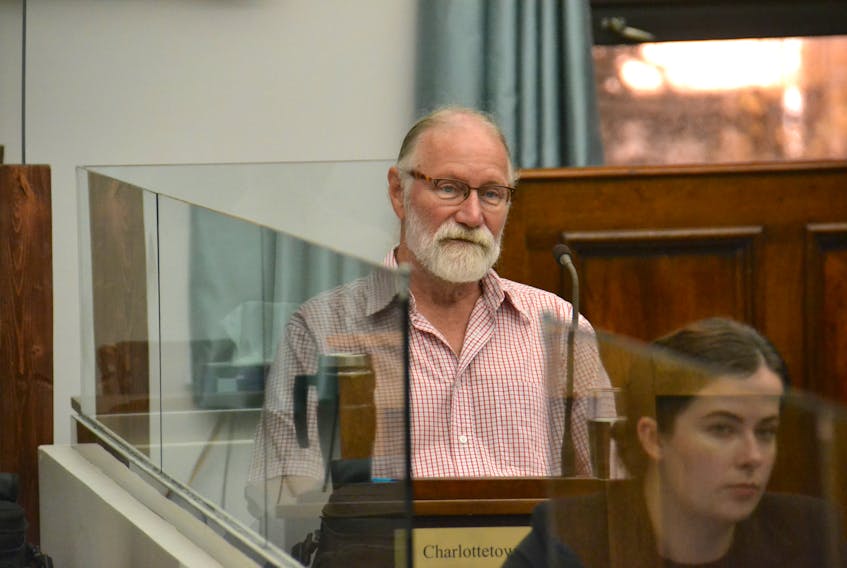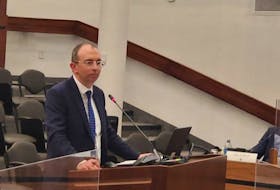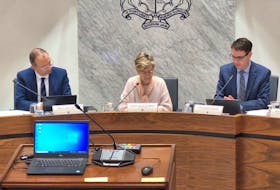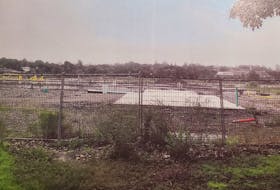CHARLOTTETOWN, P.E.I. — A conservation coalition is urging the province to maintain a moratorium on high-capacity irrigation wells and has raised concerns about a proposed UPEI study on their impacts.
During a meeting of the standing committee on natural resources and environmental sustainability on Thursday, members of the Coalition for the Protection of P.E.I. Water said they were disappointed to see ongoing calls for the lifting of the moratorium by industry groups.
Coalition member Don Mazer explained the group was formed in 2013 in response to calls from agricultural groups to lift the moratorium. The coalition played a significant role in the Water Act public consultations.
The province’s Water Act was passed by the legislature in 2017 but has yet to be proclaimed. The drafted regulations would maintain the moratorium on high-capacity wells, which has been in place since 2002.
"The Water Act and the draft regulations are clear about keeping the moratorium in place. And yet here we are to talk about undoing the spirit of this act before it is even enacted," Mazer told the committee.
Mazer said the P.E.I. government has put in place strong legislation to protect water in the past including banning bottled water and prohibiting fracking.
“But the high-capacity wells issue keeps coming back,” Mazer said.
“It is difficult not to feel an erosion of trust in government to protect our water in response to powerful interests like industrial agriculture."
Mazer said recent fish kills, as well as the granting of a pumping permit in the Dunk River, have contributed to this distrust.
Coalition member Gary Schneider said that if the moratorium on high-capacity wells were lifted, it would be difficult to control extraction of ground water.
"Once we start drilling high-capacity wells for agriculture, it will be impossible to turn down future requests," Schneider said.
The P.E.I. Federation of Agriculture has intensified calls for lifting the moratorium in recent months due to the summer’s dry growing conditions. The federation has pointed to statistics released by staff with the Department of Environment, Water and Climate Change that show that agricultural producers use only 0.04 per cent of the annual recharge of groundwater each year.
On Sept. 17, UPEI researcher Michael van den Heuvel provided details to the same committee about a proposed four-year study of the effects of wells on streams.
The study would involve the construction of four high-capacity wells. This would require a legislated exemption from the Water Act regulations. The research is supported by Cavendish Farms and the P.E.I. Federation of Agriculture.
On Thursday members of the coalition questioned whether this study would provide clarity.
“All science is grounded in particular interests. The proposed UPEI project is an outgrowth of the 2018 version sponsored by Cavendish Farms,” Mazer said.
“We are unlikely to learn what we need to learn about protecting our water from this study. How likely is it that the findings would recommend keeping the moratorium in place?"
Finance Minister Darlene Compton said there have been discussions within cabinet about provincial ownership of wells constructed for Van den Heuvel’s research.
Compton asked if this would inspire more confidence in van den Heuvel’s research from the coalition.
Schneider admitted he would “have more appetite” for provincial ownership of wells, but said his dominant concern remains the long-term implications of bypassing the moratorium.
“I tell you I've talked to hydro-geologists who said recharge rates are incredibly difficult to figure out. When I talked to people in the province, they say 'we've got tons of water,'" Schneider said.
"We may not have tons of water."









